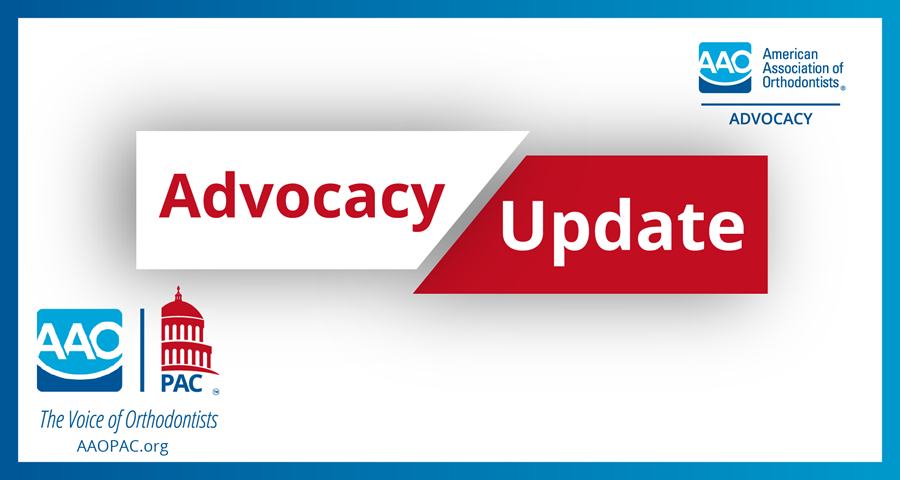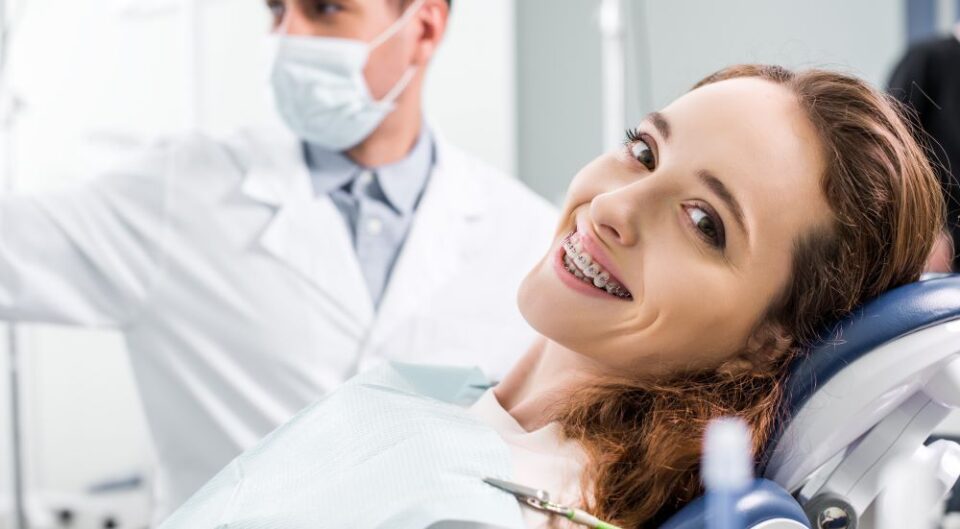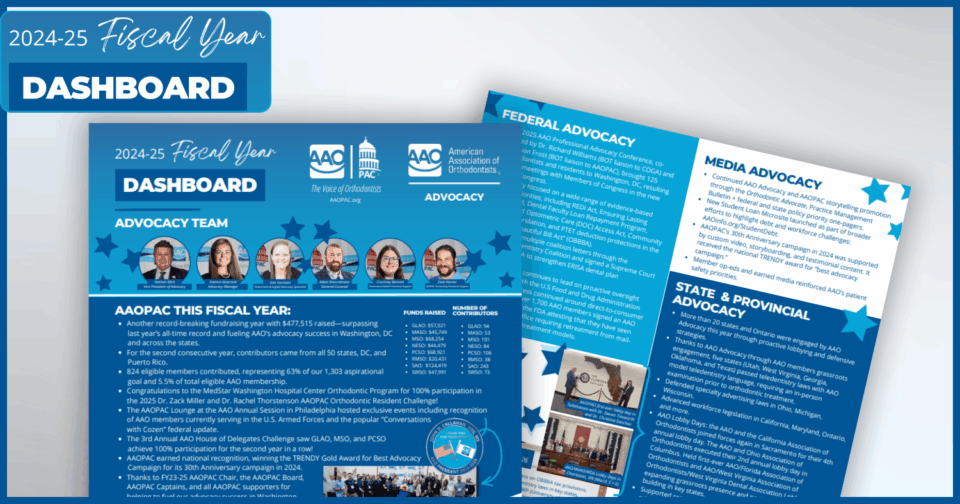Co-Sponsors Secured Via AAO 2023 Professional Advocacy Conference Grassroots Lobbying on Capitol Hill
On February 27, U.S. Congressman Brian Babin, DDS (R-TX) and U.S. Congresswoman Chrissy Houlahan (D-PA) reintroduced the Resident Education Deferred Interest Act (REDI Act) in the 118th Congress. The purpose of the REDI Act (H.R. 1202) is to address the growing doctor shortage, help make medical education more affordable, and boost health care outcomes across the United States. Its impact would include providing interest-free deferment on student loans for all orthodontic students while in residency.
“As a dentist, I know firsthand how expensive graduate school is, as well as how burdensome hefty student loans are when you’re working to become a health care professional,” said Rep. Babin in a press release. “By the time many medical and dental school students finish their required training, ballooning interest payments too often prevent them from further specializing in practices like radiology or serving in rural areas far from large hospitals. This bill will help remove those barriers, bringing quality doctors and dentists to patients in my district and underserved areas across America, all while protecting medical students from accumulating massive debt on the front end.”
Graduating orthodontic residents today have an average of over $560,000 in student loan debt. Current federal student loan policy does not account for a professional’s ability to repay student loans, resulting in policies that compound the student loan crisis and undermine a federal goal to expand the number of medical professionals in the United States. The AAO is concerned about the burden of such large amounts of debt on its current members, in addition to discouraging future members – particularly those from underserved communities – from entering the profession.
Deferment of interest during orthodontic residency will prevent students from being punished during residency with higher debt balances and may make options of serving in underserved areas more accessible and affordable. The AAO joins over 40 other associations in the physician and dental communities in supporting this legislation. You can read the official press release here.
Following the reintroduction of the REDI Act on February 27, on March 1over 120 AAO members attended more than 60 Congressional meetings during the annual Professional Advocacy Conference. Several AAO members, including orthodontic residents, met with the offices of Congressman Jeff Van Drew, DDS (R-NJ) and Congressman Lloyd Doggett (D-TX) to discuss the REDI Act. Following those meetings, both Congressmen signed on as official co-sponsors of the bill.
On March 23, additional legislators signed on to co-sponsor the REDI Act, AAO members having met with their offices during the Hill Visits earlier this month and spoken about the REDI Act. The new co-sponsors are:
• Rep. Mike Simpson (R-ID-02)
• Rep. Andy Harris (R-MD-01)
• Rep. Deborah Ross (D-NC-02)
• Rep. Claudia Tenney (R-NY-24)
• Rep. Annie Kuster (D-NH-02)
• Rep. Don Bacon (R-NE-02)
• Rep. Chris Pappas (D-NH-01)
Please help keep the advocacy momentum going by contacting Members of Congress and asking them to co-sponsor the REDI Act in the 118th Congress and by making your 2023 contribution at AAOPAC.org now! AAOPAC is helping to fuel our advocacy success not only in Washington, D.C. but in states throughout the country as well. Our AAOPAC Pillars of Giving are working and the AAO’s advocacy influence continues to grow through member grassroots engagement.



